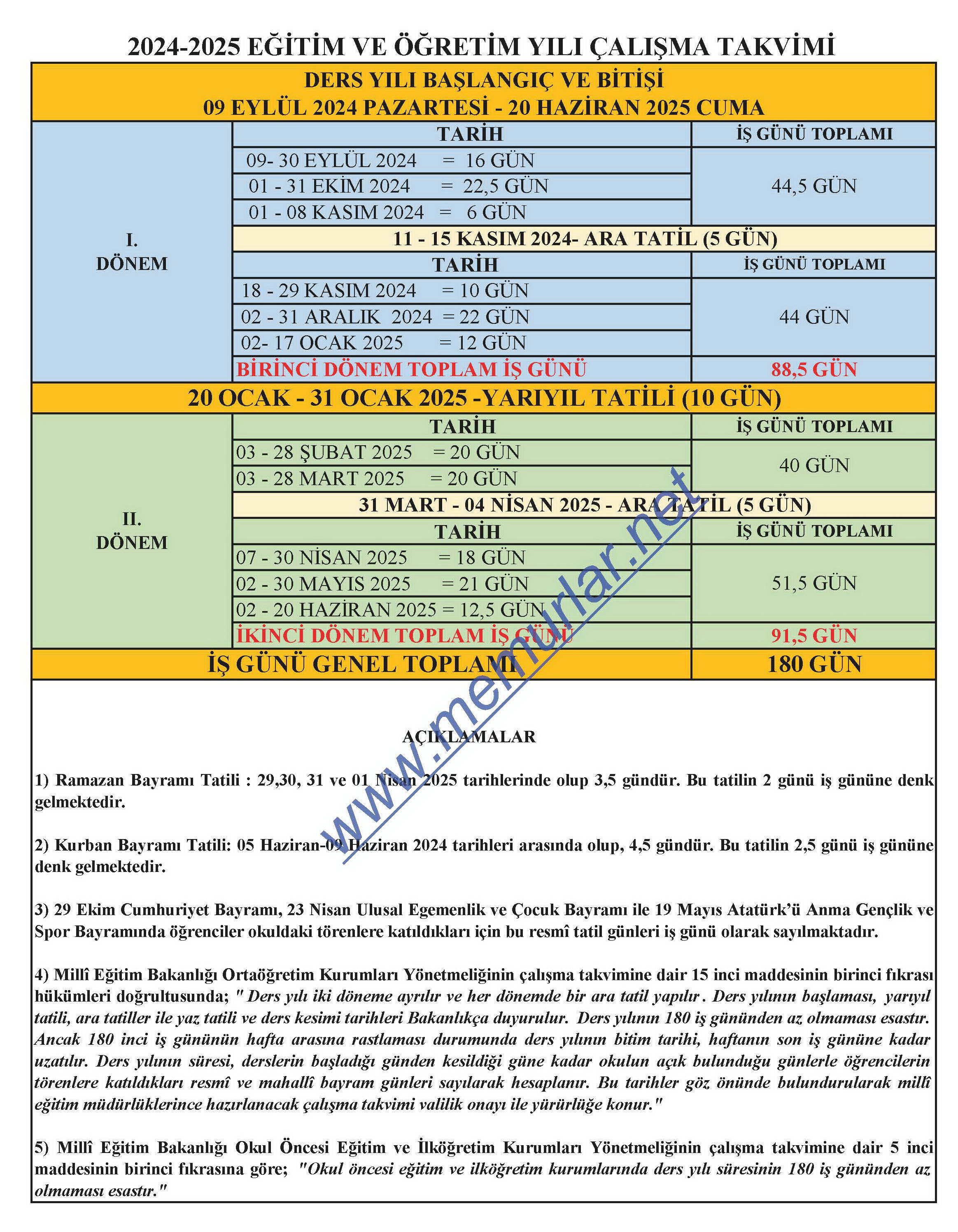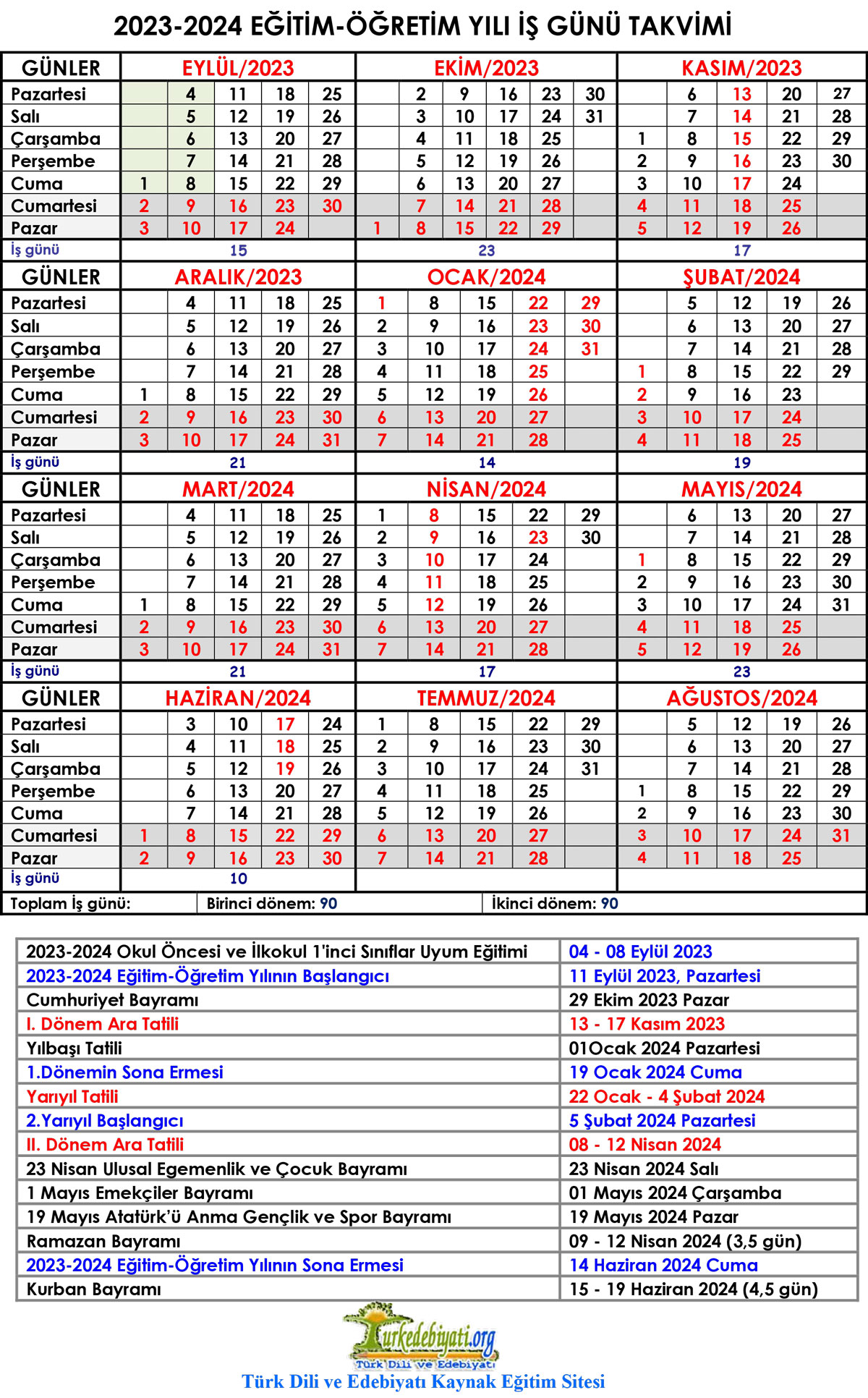Boun Akademik Takvim: Your Ultimate Guide To Academic Calendar Planning
Hey there, students and faculty members! Let's dive right into the heart of the matter. Boun Akademik Takvim is more than just a schedule—it's your roadmap to success in the academic world. Think about it like this: trying to navigate through the semester without a proper calendar is like driving blindfolded. You might get lucky once or twice, but eventually, you're bound to crash. So, let’s break it down and make sure you’re set up for success.
Now, I know what you're thinking—why does this matter so much? Well, picture this: you're halfway through the semester, and suddenly you realize you’ve missed a major deadline or an important exam date. Sound familiar? Yeah, we’ve all been there. But with a well-structured academic calendar, you can avoid those panic moments and stay on top of your game.
This guide isn’t just about listing dates; it’s about empowering you to take control of your academic journey. Whether you're a first-year student trying to figure out the ropes or a seasoned professor looking for better organization tools, this article has got you covered. So grab a cup of coffee, sit back, and let’s get into it.
- Entdecke Jackerman Emotionale 3dkunst Die Begeistert Neues Kunst
- Skandalse Enthllungen Sydney Sweeney Was Wirklich Im Netz Passiert
Table of Contents
- What is Boun Akademik Takvim?
- Why is the Academic Calendar Important?
- Structure of Boun Akademik Takvim
- Key Dates to Look Out For
- Tips for Planning Your Semester
- Tools and Resources for Effective Planning
- Benefits of Using an Academic Calendar
- Common Challenges and How to Overcome Them
- Examples of Well-Structured Academic Calendars
- The Future of Academic Calendars
What is Boun Akademik Takvim?
Alright, let’s start with the basics. Boun Akademik Takvim, or the academic calendar of Bogazici University, is essentially a comprehensive schedule that outlines all the important dates and events throughout the academic year. From the first day of classes to final exams, this calendar is your go-to resource for staying organized.
But here’s the kicker—it’s not just a list of dates. Think of it as a strategic tool that helps you manage your time effectively. It includes everything from lecture schedules to holidays, giving you a clear picture of what’s coming up and when. So, instead of scrambling at the last minute, you can plan ahead and stay ahead.
Who Uses the Boun Akademik Takvim?
Everyone involved in the academic process relies on this calendar. Students use it to keep track of assignments and exams, while faculty members use it to plan their lectures and office hours. Even administrative staff rely on it for scheduling meetings and events.
- Skirby Dog Video Was Wirklich Geschah Der Skandal Erklrt
- Enthllt Die Karl Malone Affre Gloria Bell Und Die Folgen Schock
Why is the Academic Calendar Important?
Let’s be real for a second. Life as a student or educator can get pretty hectic. Between assignments, exams, meetings, and extracurricular activities, it’s easy to lose track of time. That’s where the academic calendar comes in. It acts as your personal assistant, keeping you on track and ensuring you don’t miss a beat.
Here’s the thing: a well-organized calendar can make a world of difference. It helps you prioritize tasks, manage your workload, and even find time for some much-needed relaxation. Plus, it reduces stress by giving you a clear overview of what’s coming up, so you’re never caught off guard.
Key Benefits
- Improved time management
- Reduced stress levels
- Better academic performance
- Increased productivity
Structure of Boun Akademik Takvim
So, how exactly is the Boun Akademik Takvim structured? Well, it’s divided into semesters, with each semester having its own set of important dates. Typically, the fall semester starts in September and ends in January, while the spring semester runs from February to June.
Within each semester, you’ll find a breakdown of key events, such as:
- First day of classes
- Midterm exams
- Holiday breaks
- Final exams
It’s like a puzzle, and each piece fits perfectly into place to create a cohesive picture of your academic journey.
How to Read the Calendar
Reading the calendar might seem overwhelming at first, but trust me, it’s easier than you think. Start by identifying the major milestones, like the start and end dates of each semester. Then, focus on the smaller details, like assignment deadlines and exam schedules. Before you know it, you’ll be a pro at navigating the calendar.
Key Dates to Look Out For
Now, let’s talk about the biggies—the dates you absolutely cannot afford to miss. These are the ones that can make or break your semester, so pay close attention.
First Day of Classes: This is where it all begins. Make sure you’re prepared and ready to hit the ground running.
Midterm Exams: These are crucial for your grades, so start studying early and stay on top of your game.
Holiday Breaks: Take advantage of these breaks to recharge and catch up on any pending tasks.
Final Exams: The ultimate test of your knowledge. Start preparing well in advance to ensure you’re fully prepared.
Why These Dates Matter
Each of these dates plays a vital role in shaping your academic experience. Missing even one can have serious consequences, so it’s important to mark them on your calendar and set reminders if necessary.
Tips for Planning Your Semester
Alright, now that you know what to look out for, let’s talk about how to plan your semester effectively. Here are a few tips to help you stay organized and on track:
- Create a master schedule that includes all your classes, assignments, and exams.
- Set aside dedicated study time each day to stay on top of your workload.
- Use digital tools like Google Calendar or Trello to keep everything in one place.
- Regularly review your progress and adjust your plan as needed.
Remember, planning is key. The more organized you are, the better equipped you’ll be to handle whatever the semester throws your way.
Staying Motivated
Let’s face it—staying motivated throughout the semester can be tough. That’s why it’s important to set small, achievable goals and reward yourself when you reach them. Whether it’s a night out with friends or a relaxing spa day, treating yourself can make all the difference.
Tools and Resources for Effective Planning
In today’s digital age, there are plenty of tools and resources available to help you plan your semester more effectively. Here are a few of my favorites:
- Google Calendar: A simple yet powerful tool for scheduling and reminders.
- Trello: Perfect for organizing tasks and keeping track of deadlines.
- Notion: A versatile platform for note-taking and project management.
These tools can help you stay organized and on top of your game, so don’t hesitate to give them a try.
Why Use Digital Tools?
Using digital tools has several advantages. For starters, they’re easily accessible from anywhere, so you can stay organized no matter where you are. Plus, they offer features like reminders and notifications, ensuring you never miss an important date.
Benefits of Using an Academic Calendar
Let’s recap some of the key benefits of using an academic calendar:
- Improved time management
- Reduced stress levels
- Better academic performance
- Increased productivity
By staying organized and on top of your game, you can achieve more in less time and enjoy a more balanced lifestyle.
Long-Term Impact
The benefits of using an academic calendar don’t stop at the end of the semester. They can have a lasting impact on your academic and professional life, helping you develop valuable skills that will serve you well in the future.
Common Challenges and How to Overcome Them
Of course, no system is perfect. There are bound to be challenges along the way, but with the right mindset and strategies, you can overcome them.
Challenge 1: Procrastination – We’ve all been guilty of putting things off until the last minute. To combat this, break tasks into smaller, manageable chunks and set deadlines for each one.
Challenge 2: Overcommitment – Taking on too much can lead to burnout. Learn to say no and prioritize your most important tasks.
Challenge 3: Distractions – In today’s digital world, distractions are everywhere. Use apps like Focus@Will to stay focused and minimize interruptions.
Stay Strong
Remember, challenges are just opportunities in disguise. Embrace them, learn from them, and come out stronger on the other side.
Examples of Well-Structured Academic Calendars
To give you a better idea of what a well-structured academic calendar looks like, here are a few examples:
Example 1: A calendar that includes all major dates and deadlines, with color-coded categories for easy reference.
Example 2: A digital calendar that syncs with your phone and sends reminders for upcoming events.
Example 3: A physical planner that allows you to write down notes and reflections alongside your schedule.
Which One Works Best?
Ultimately, the best calendar is the one that works for you. Experiment with different formats and tools until you find the perfect fit.
The Future of Academic Calendars
As technology continues to evolve, so too will academic calendars. We’re likely to see more advanced features, such as AI-driven scheduling and personalized recommendations. The future is bright, and with the right tools, we can all stay organized and succeed in our academic pursuits.
Embrace the Change
Don’t be afraid to embrace new technologies and tools. They’re here to help you, not hinder you. By staying open to change, you can make the most of what’s available and take your academic planning to the next level.
Conclusion
And there you have it—your ultimate guide to Boun Akademik Takvim. By understanding the importance of an academic calendar and using the right tools and strategies, you can take control of your academic journey and achieve success.
So, what are you waiting for? Start planning today and see the difference it makes. And don’t forget to leave a comment, share this article, or check out some of our other content. Your success is just around the corner—grab it with both hands!
- Bollywoodfieber 2024 Das Musst Du Ber Indische Filme Wissen
- Entdecke Lala Kudo Aufstieg Amp Geheimnisse Des Stars

İşte 20242025 Eğitim Ve Öğretim Yılı Çalışma Takvimi Çizelgesi
.jpg)
Fen Fakültesi

20232024 MEB Çalışma İş Günü Takvimi Türk Dili ve Edebiyatı